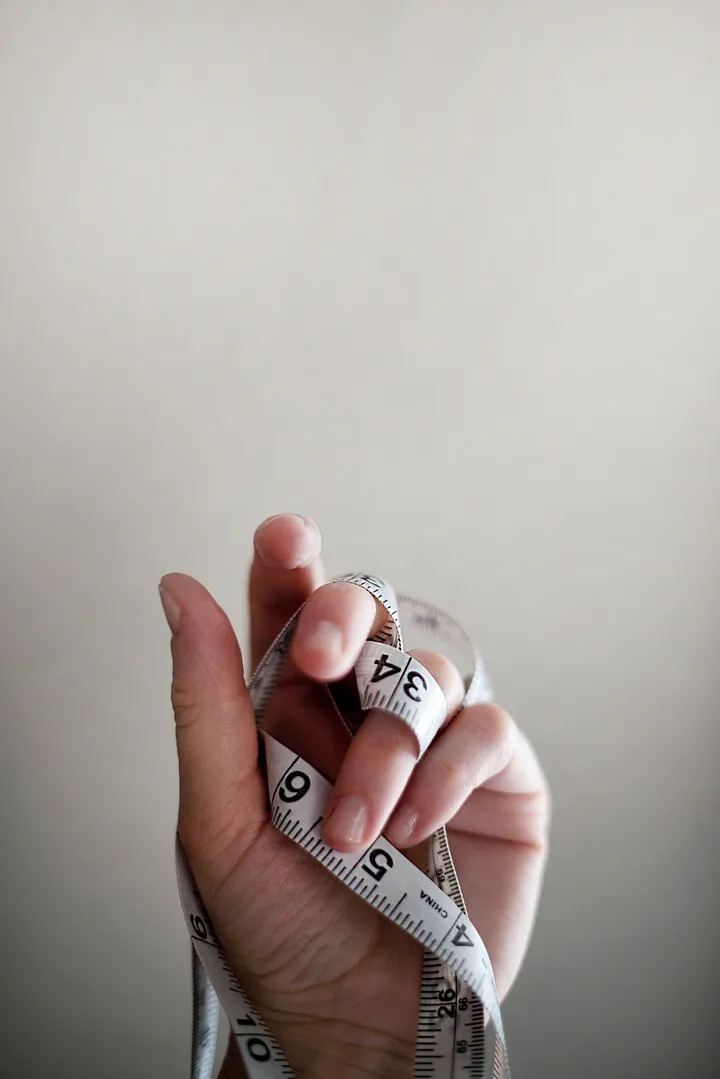I am in my 30s and one of them, so I know how easy it is to gain weight as you age. It’s straightforward: your metabolism slows down as you age, leading to weight gain.
Fact: According to this research paper, an average person gains roughly 1–2 pounds annually.
not drinking enough water
According to studies, dehydration affects up to 16–28% of adults, with older adults being more sensitive.
A deficiency in water intake can lead to thirst. It’s interesting to note that the body may misinterpret thirst as a sign of hunger or a desire for food.
Make sure to drink water before breakfast because researchers discovered in one study that those who drank two cups of water just before breakfast consumed 22% fewer calories.
poor quality sleep
The Sleep Foundation says that getting enough good sleep is essential to any healthy weight loss program.
Furthermore, studies have demonstrated that sleep deprivation during dieting can hinder weight loss and increase the production of the hunger hormone ghrelin, which can result in overeating.
Sleep is essential for losing weight for various reasons, but it’s easy to fall off track with this aspect of your fitness routine. Adults should aim to get about seven or more hours of sleep per night, and that sleep would ideally be uninterrupted. — Meier
Getting old
It’s a fact that your metabolism slows down with age, which makes gaining weight easier. For advice on minimizing this side effect, consult a registered dietitian or your healthcare provider, suggests Best. Lean muscle loss is one of the main reasons weight loss becomes more difficult as you age.
Compared to fat, muscle burns more calories. Thus, according to Sanitarium, losing muscle corresponds to having a harder time making use of the calories you’re eating.
Eating late at night
Many scientists are investigating the relationship between meal timing and weight gain or loss. Although the optimal eating schedule is still up for debate, most experts concur that eating late at night is not a good idea. Dr. Roizen points out that eating at night while watching TV can result in mindless snacking and unnecessary calorie consumption.
However, eating more at night instead of in the afternoon or morning is also associated with this. Data shows that eating at the end of your active period, as opposed to daytime, even if you eat the same number of calories at night as you do in the morning, you tend to gain weight. — Dr. Roizen.
A recent study found that those who focused on eating more at breakfast or lunch had a lower BMI than those who saved their largest meal of the day for dinner.
Let’s talk about salt
This could have a quick effect on your scale, regardless of whether you’ve had a binge-filled night or you frequently eat a lot of sodium. Water retention is brought on by eating salty food, so if this is something you only occasionally experience, don’t worry.
On the other hand, your weight might be creeping up if you regularly eat more salt than you need.
The Dietary Guidelines for Americans state that the daily limit is 2300 mg.
It’s advisable to drink plenty of water and give your body a day or two to heal, as this can also result in constipation and puffiness.
Drinking Your Calories
Calories from drinks are sneaky because they don’t satisfy you as much as calories from food do. Alcoholic beverages, sweetened iced tea, carbonated drinks, and even drinks that seem healthy, like fruit juice, are some of the guilty parties.
Limit these calorically dense drinks, as they frequently contain added sugars. Instead, go for homemade green smoothies, green tea, and water.
Eating Too Many Healthy Fats
It’s simple to increase the number of calories in your food by adding extra fat, but make sure the fats and oils you use are healthy for you. Rich in beneficial monounsaturated fats, olive oil can enhance the taste and nutritional value of pasta, bread, and vegetables.
Canola oil is an excellent all-purpose cooking oil because it’s a great source of monounsaturated fats and omega-3. Even when using healthy oils, be mindful.
What about groceries?
Make sure you plan your meals in advance. Keep ingredients on hand to avoid giving in to the desire to order takeout.
Consider creating menus that are practical for the home: You could even serve them your veggie stir-fry as a side dish. Create a shared grocery list even if you’re cooking apart.
The bottom line
Setting realistic goals is crucial to your weight management journey, even though it’s a crucial step in the process. Rather than trying to figure out a number for yourself, discuss a healthy weight range with your physician and a registered dietitian nutritionist.
You’ll also stay happier and healthier along the way if you concentrate on implementing healthy lifestyle habits (staying active) rather than what’s currently flashing on the scale.




